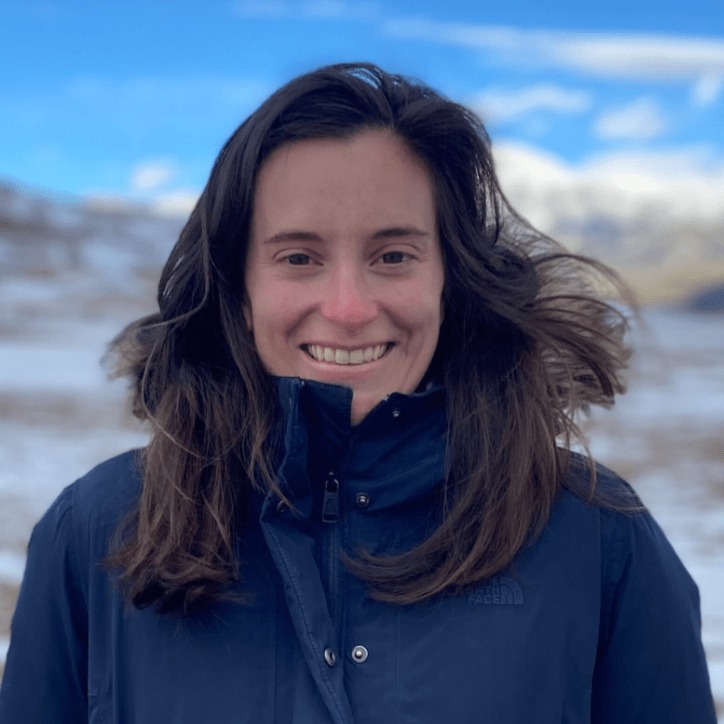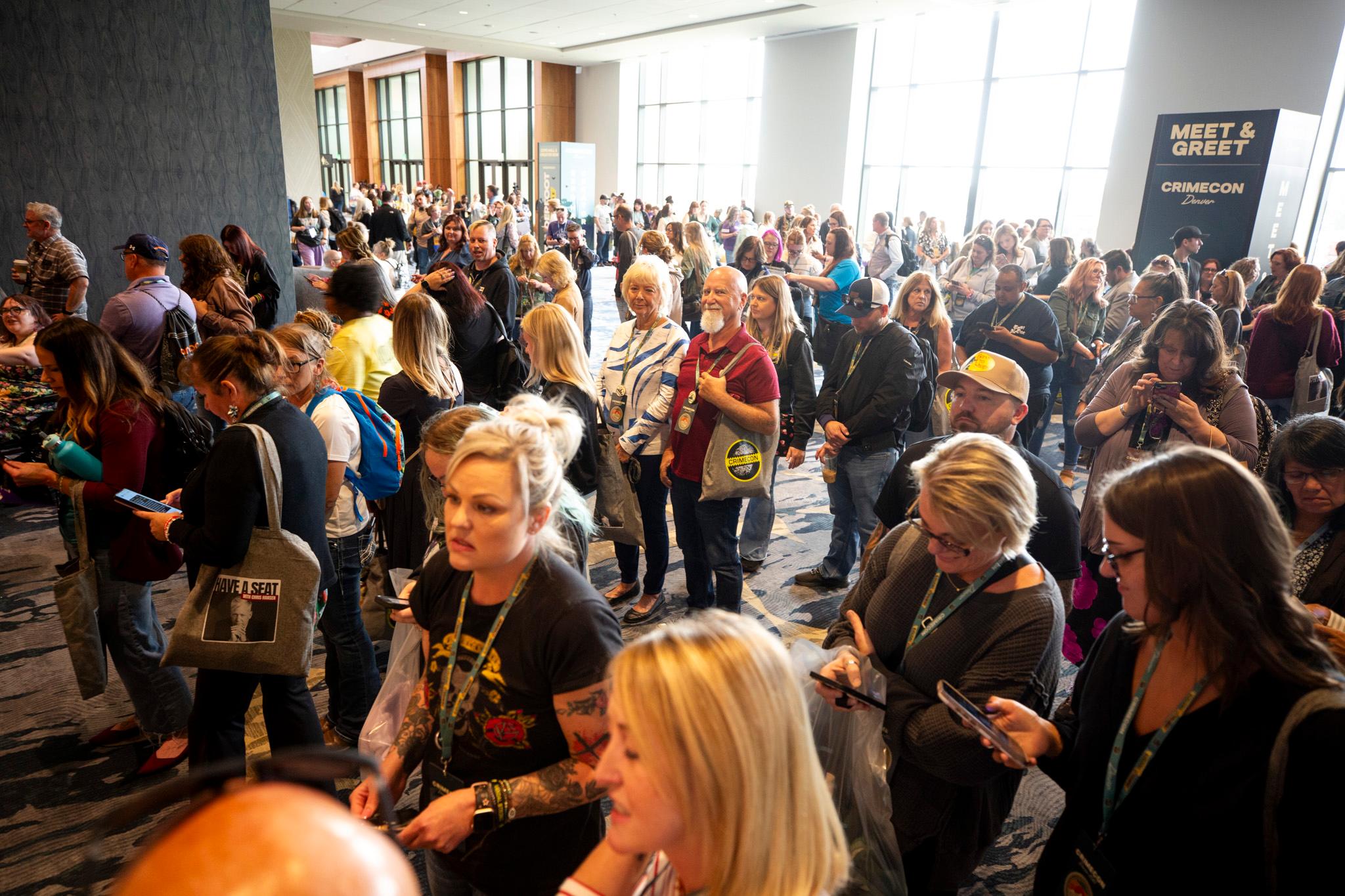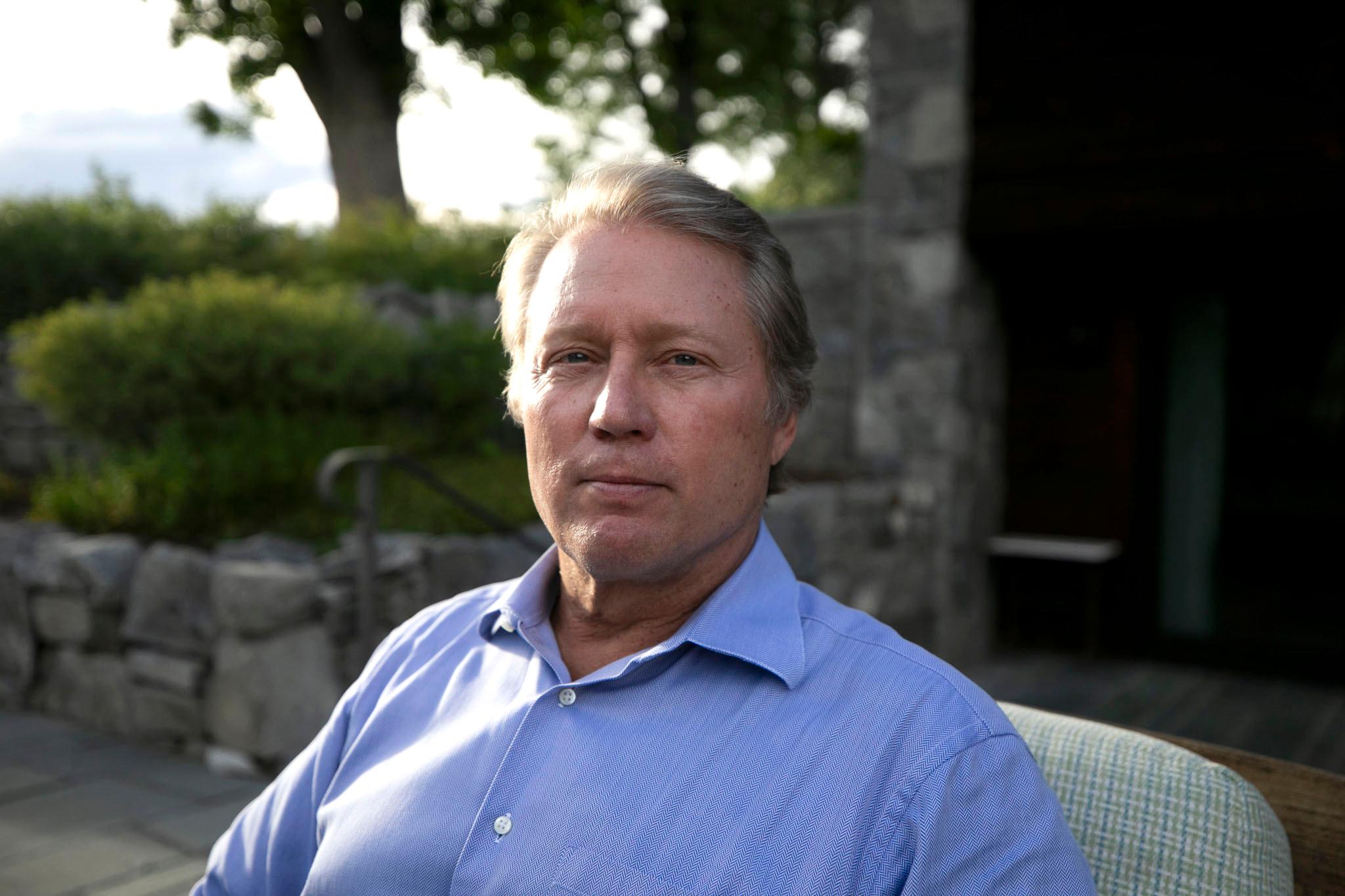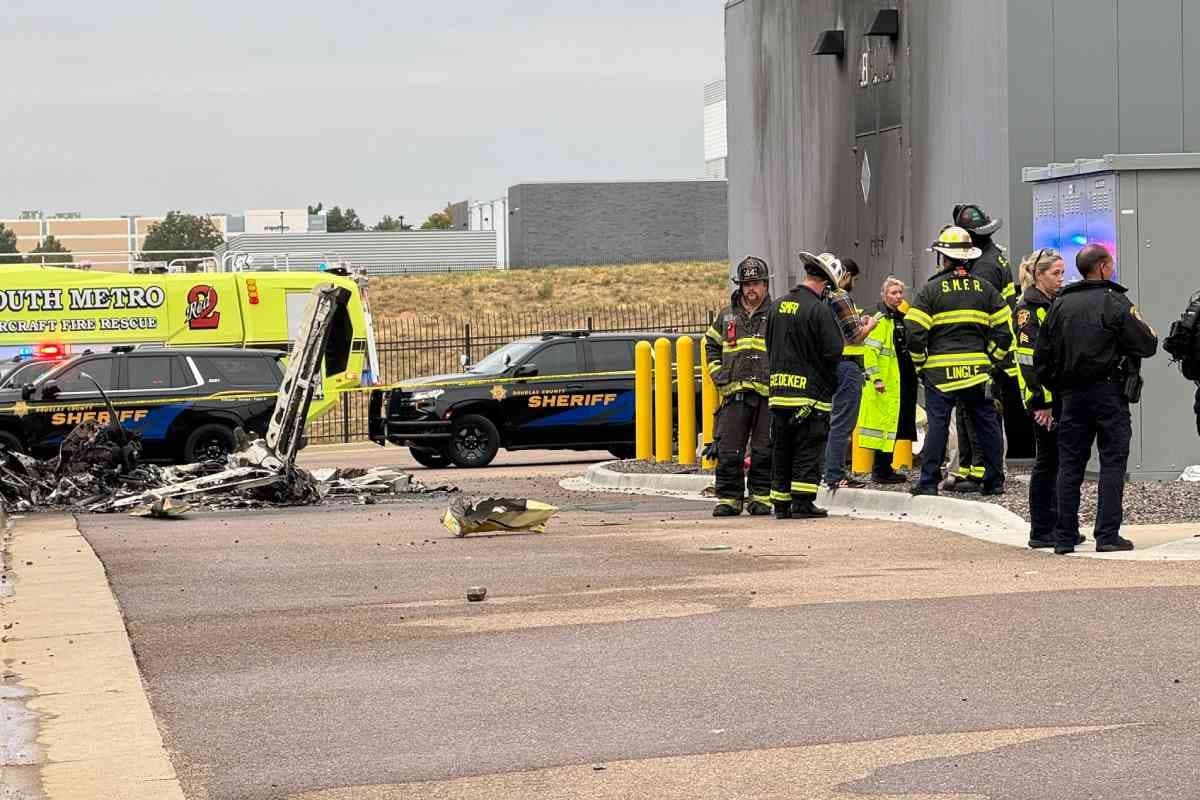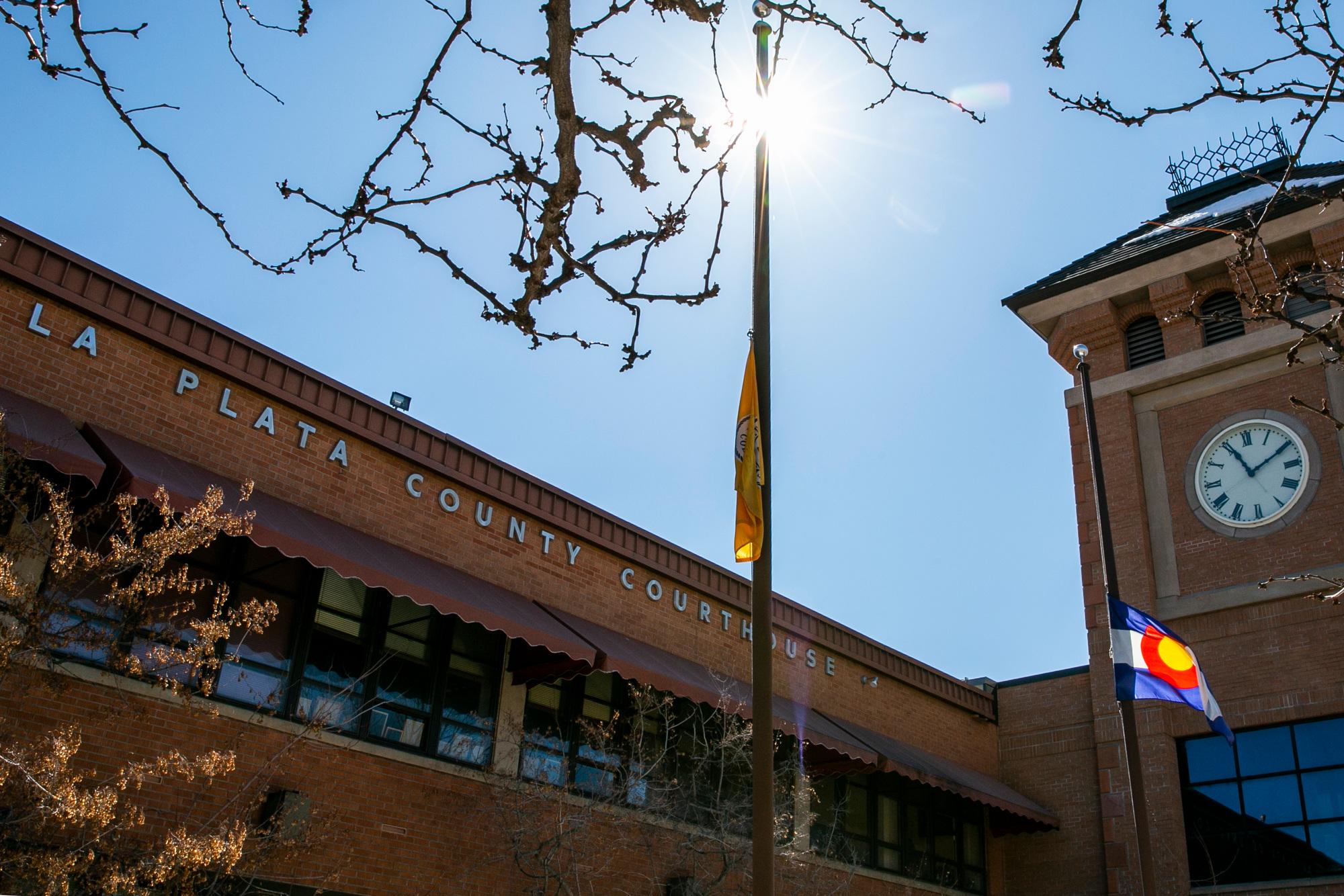
This story was produced as part of the Colorado Capitol News Alliance. It first appeared at coloradosun.com.
Carolina Suarez Estrada frantically called and texted friends, family members and her boss, asking what to do.
She was inside the lobby of a Chaffee County government office in Salida. She was hiding from the men following her in an unmarked car.
Earlier that day, Suarez gave her partner a ride to the court complex for a hearing for his recent drunken driving case. When they left, the unmarked car began to follow her, signaling for her to pull over, she said. Panicked, she pulled back into the parking lot and ran inside.
The men following her, she would soon learn, were federal immigration agents.
She didn’t know what to do. The agents were outside.
Loved ones assured Suarez that she would be OK. She had a work permit from the federal government, a steady job at a construction company, a pending asylum case, a Colorado driver’s license and no criminal convictions.
She also had a 7-year-old son, Luciano, waiting for her to pick him up from the babysitter’s house.
But her loved ones were wrong.
Days later, she turned 33 in an immigration detention center in Texas, where she and Luciano remain.
Suarez and Luciano are two of the thousands of Coloradans who have been swept up this year by President Donald Trump’s mass deportation policy. The arrest has eroded any sense of safety felt by immigrant families who came to the Upper Arkansas Valley with government permission to live and work in recent years. And it has also spurred some with citizenship to help immigrant families as they navigate the new insecurity.
Trump vowed during his presidential campaign to deport “vicious and bloodthirsty criminals,” but also promised to execute “the largest deportation program in American history.” The resulting roundups of immigrants working in fields, attending court hearings or walking in their neighborhoods have included those with work permits, permanent residency cards and even U.S. citizenship.
Most people arrested by ICE agents in Colorado between Jan. 20 and June 26 of this year had no criminal convictions, according to a Colorado Sun review of ICE data obtained and published by the Deportation Data Project, the most recent available. Among those who had a conviction at the time of their arrest, the most serious crime most often noted by ICE is drunken driving, the data shows.
Anatomy of an arrest
Shortly after her arrest, the X account for ICE’s Denver field office posted a close-up photo of Suarez, still wearing her neon yellow work shirt, gaze toward the ground.
“When looking to evade ICE making a lawful arrest in Chaffee County, just don’t,” the post said. “We’ll find you, like we did Carolina Suarez-Estrada, 32, an illegal alien from Colombia who failed to stop her vehicle, drove to a county probation office and attempted to seek sanctuary inside.”
ICE Denver Field Office Director Robert Guadian declined to comment through a spokesperson on Suarez’s arrest.
The Sun obtained and reviewed body camera footage from several Chaffee County sheriff’s deputies who responded to the scene.
The videos show Suarez and her partner, Darwin Arriche-Sierra, in an office just inside a secure door next to the lobby of the probation department around 11:15 a.m. Aug. 19.
Two sheriff’s deputies spoke with the two immigration agents — one from ICE and one from Customs and Border Protection — waiting in the lobby.
ICE Agent Benjamin Diedrich told the deputies they had tried to arrest Arriche-Sierra when he left court. Names of the immigration agents and sheriff’s deputies were included in the sheriff’s office incident reports, also obtained by The Sun.
Sheriff’s Deputy Ruen Campbell asked Diedrich, the ICE agent, the reason for the arrest.
“Immigration violations,” Diedrich said.
“For the female he’s with, we’ll take her too,” Diedrich said to his partner, referring to Suarez, a few minutes later. “She interfered in our arrest.”
“It was a targeted operation, we were attempting to arrest him, we know who he is,” Deidrich told the deputies.
The sheriff’s deputies reviewed the immigration agents’ IDs.
Sheriff Andy Rohrich spoke to the immigration agents through an internal window: “We’re trying to convince them to just leave, we’re telling them to get out of our building. Is it possible to go out there so they don’t see you and then you guys just grab them?”
Diedrich’s partner, Javier Marcos, gave a thumbs-up. The deputies escorted the immigration agents outside to the parking lot near their car.
“So, I think if we stand right here they won’t see us through that window, so as soon as they come out you guys can snatch them up,” Deputy Dylan Baker told the immigration agents.
Baker and Campbell went into the foyer of the sheriff’s office to watch what happened next from there and turned off their body cameras.
Meanwhile, in the hallway inside, Rohrich, the sheriff, huddled with other deputies discussing what to do.
“The problem is, you walk them out, you’ve just handed them over,” Undersheriff Alex Walker said, according to body-camera footage.
“We’re not going to walk him out the back door,” Rohrich said.
Anthony Avila, a commander with the sheriff’s office who spoke Spanish, told Suarez and Arriche-Sierra that they had to leave.
Both were crying.
“Why are they chasing us?” Suarez asked the deputy through tears in Spanish.
Arriche-Sierra got down on his knees and begged Avila to let him leave through another door. He showed the deputy a paper he received in court telling him to return there Sept. 5.
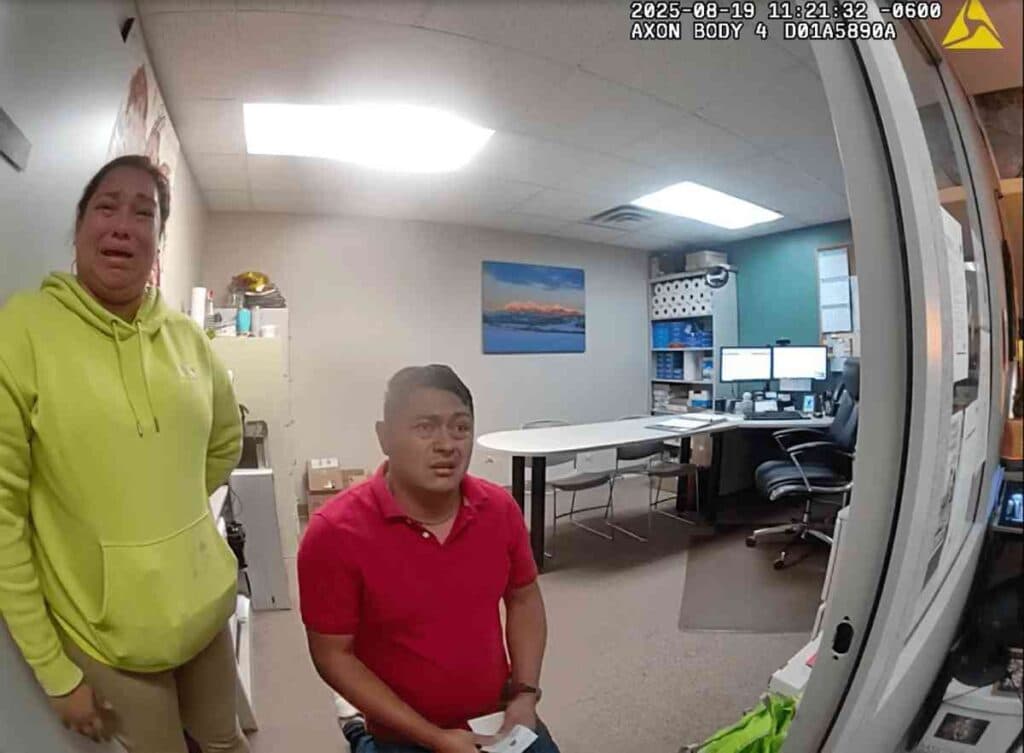
“I only came to get him because he can’t drive,” Suarez sobbed.
Suarez explained to the deputy that she had a 7-year-old son in Buena Vista.
“Once they get in the lobby, close this door, we stay in here,” Rohrich, the sheriff, whispered to Avila.
Avila reassured Suarez, “immigration left, they aren’t here anymore.”
Suarez came out of the room and peeked timidly around the corner to the front door of the probation department. She continued to cry.
“You’re going to have to leave,” Avila told her in Spanish.
“Good luck,” he added and closed the door behind her.
Suarez and Arriche-Sierra waited in the lobby sending desperate messages to loved ones for advice.
About 15 minutes later, the immigration agents reentered the lobby as the sheriff’s deputies looked on through an interior window.
One deputy appeared worried about Suarez’s child.
“We should just verify it’s just him because of the kid situation,” he said. “If both of them leave, just want to make sure the kid gets taken care of and isn’t just by himself.” It is not clear which deputy said this from the footage.
The immigration agents handcuffed Suarez and Arriche-Sierra and walked them out the door.
No refuge
Colorado law prohibits state and local law enforcement from aiding in federal immigration enforcement outside of their criminal enforcement duties.
In an interview, Rohrich called the situation “difficult.”
“They were very professional,” he said of the immigration agents. “Their process went fairly smoothly. It’s difficult when it has to do with this kind of a situation. We are going to follow Colorado law and not assist.”
Immigrants with pending asylum cases and work permits have historically not been targets for deportation, though they are technically not shielded from being targeted for removal. But the Trump administration has been arresting asylum-seekers, most notably at courthouses across the country, and trying to fast-track their deportation. A federal judge blocked the fast-tracking last week, saying it violates due process rights guaranteed by the Constitution.
Still at the prefabricated home factory in Buena Vista where Suarez and her family member L.C. work, L.C. checked the “Find My Friends” app on his phone. Slowly, Suarez’s blue dot began to move south toward Alamosa. The Sun is using L.C.’s initials and not providing his exact relation to Suarez because he fears retaliation from ICE.
L.C. picked up Luciano from the babysitter and kept checking Suarez’s blue dot until it stopped in Alamosa. ICE agents told L.C. over the phone that he needed to bring Luciano to Alamosa right away, but L.C. worried he’d be arrested, too.
Laura Hansen, a family friend and U.S. citizen, offered to take Luciano to Alamosa.
“All I could do was give him a kiss and pray, tell him that he was going to be with his mom,” L.C. said in Spanish.
Hansen put on a Harry Potter audiobook and gave Luciano snacks for the 90-minute drive to Alamosa. Once the ICE agents saw the boy, Hansen thought, they would surely let Suarez return with her son to their home in Salida.
But when Hansen arrived at the nondescript, single-story brick building in the industrial neighborhood on the south side of Alamosa near the airport, the agents would not allow her to see Suarez. Hansen said the agents told her to leave Luciano.
Hansen refused without reassurance that Suarez was there and that she wanted Luciano with her. The two spoke tearfully on the phone and Hansen agreed to leave Luciano and return to Buena Vista alone.
“I packed up his stuff,” she recalled. “He’s so brave and so sweet, the kindest little man. He was so stoic. I was losing it. I kept telling him, ‘You’re a smart boy, brave boy, you’re going to be OK.’”
The next day, L.C. saw Suarez’s blue dot in Texas. ICE had moved the mother and son to the South Texas Family Residential Center, about an hour southwest of San Antonio. ICE took Arriche-Sierra to the immigration detention center in Aurora.
L.C.’s world was shattered.
“For us, Buena Vista and Salida were a refuge,” he said, using the Spanish pronunciation of the town names. “Now, there is no refuge.”
From Colombia to Colorado
During their two years in the Upper Arkansas River Valley, Suarez and Luciano formed deep bonds with immigrant and citizen families alike. Since her arrest, donors have contributed more than $15,000 for Suarez’s legal expenses. Hansen and another family friend hired a lawyer in Texas to represent Suarez at a hearing Sept. 12 at the Texas detention center.
Suarez hopes ICE will release them while her immigration case is processed so that Luciano can go back to school.
“My son doesn’t deserve to be here,” she said in a phone interview from the detention center.
Suarez and Luciano moved to Colorado from Colombia in 2023 after L.C.’s job as a prison guard incited threats against him and his family members, he said.
They took a flight from Colombia to Mexico and then presented themselves to U.S. border officials and asked for asylum. They spent several days in a detention center there, sleeping on the floor in cold conditions, L.C. said, before the government released them with pending asylum cases and notices to appear in court every so often.
Colorado, where L.C. and Suarez already had family living, provided a fresh start. They secured work permits and got jobs at a construction company. Luciano attended first grade at elementary school in Buena Vista and joined the town’s soccer league. The family moved into company-sponsored housing. Slowly, life improved.
Friends, family members, neighbors and colleagues describe Suarez as a hard worker and a fiercely dedicated mom.
When Suarez isn’t caulking interiors, she is exploring Colorado with Luciano, friends and family said. They took day trips to Fairplay, Gunnison, Vail, Colorado Springs, Cañon City and Denver, where Luciano loved to go to Water World. They lived in Buena Vista and then in Salida, where they would visit the river and parks where Luciano could ride his bike.
Luciano was supposed to start second grade two days after ICE detained him.
His first grade teacher, Jill Maher, remembers meeting Suarez at a school event last year where Luciano had mastered English well enough to translate for her. Maher, who has a child at the school, said Luciano is a bright student and well-liked by his peers.
“It has rocked me a little bit,” Maher said through tears. “The first day my husband and I took our daughter to school, I was just thinking about Luciano and his mom not being able to walk him up to the front door of school and the difference between what they’re going through and what we’re going through.”
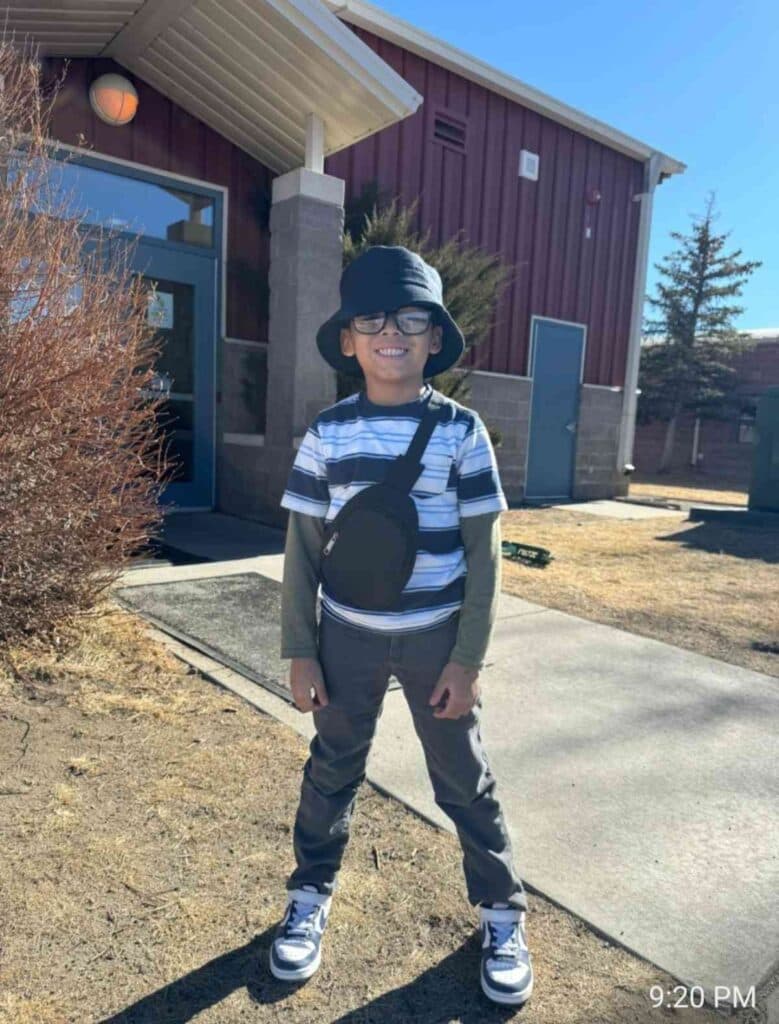
To his teammates, Luciano goes by “Luci,” said soccer coach Zach Chambers, who has coached the boy for the last couple of seasons. Luciano helps Chambers translate coaching directions to the other Spanish-speaking kids, he said.
Suarez often brings Luciano to practice early so that he can play with Chambers’ son, who is the same age. Chambers said unlike other kids, Luciano almost never misses a practice, and Suarez always stays to watch. Chambers has struggled to explain his absence to his son.
“Life goes on but this other family is not here,” he said. “Being involved is a choice, and his mom chose to be involved. It’s sad for somebody who pushed through and endured.”
A speedy scorer, Luciano likely would have been playing in the under-10 division this year.
During the first practice last week, kids picked up their name tags.
Luciano’s was left behind.
A before and after
Before Suarez’s arrest, many immigrants in Salida and Buena Vista said they felt comfortable letting their kids play outside, barbecuing at the park and running errands. Now, even those everyday acts seem dangerous.
ICE could be anywhere, they said.
All described feeling haunted by the fear that they could be taken by ICE and their kids could be left alone. Though ICE has not been spotted in the area for several days, some are still accepting offers from citizen neighbors to help them run errands and get their kids safely to school.
Superintendent of Buena Vista School District Lisa Yates said 26 students missed the first and second day at the elementary school, 12 of whom the school identified as likely children of immigrants. She said the school then reached out to the families to “understand what they might need to remove barriers in coming to school.” After that, attendance improved.
Yates said in a statement, “We are a very close community and care for one another like a family and so anytime a student leaves there is a sense of loss and hope he will be well.”
The day of Suarez’s arrest, panic also spread at the factory where she works.
Cellphone videos viewed by The Sun show workers in their yellow shirts running to their cars and tearing out of the parking lot toward home that afternoon before their shifts ended.
Many interviewed by The Sun did not leave their homes for several days after their coworker was arrested, fearing what happened to her would happen to them.
Suarez’s boss said of the 17 workers he oversees, all but two are immigrants with work permits and pending asylum claims, the same as Suarez. The Sun is not using his name because he fears retaliation from ICE.
In a social media post two days after Suarez’s arrest, the company, Fading West Development, said their entire workforce is in “full compliance with state and federal laws.”
“We stand firmly in support of our staff and our community,” the company’s post said in English and in Spanish.“We are committed to sharing resources that help ensure everyone feels safe, informed, and empowered to know their rights.”
The company did not respond to requests for further comment.
A few days later, another post from the company featured old photos of a group of women in their hard hats celebrating “strong women in steel-toes, safety vests, and leadership roles.”
In the front row sits Suarez, proudly smiling and flexing her bicep.

Colorado Capitol Alliance
This story was produced by the Capitol News Alliance, a collaboration between KUNC News, Colorado Public Radio, Rocky Mountain PBS, and The Colorado Sun, and shared with Rocky Mountain Community Radio and other news organizations across the state. Funding for the Alliance is provided in part by the Corporation for Public Broadcasting.
